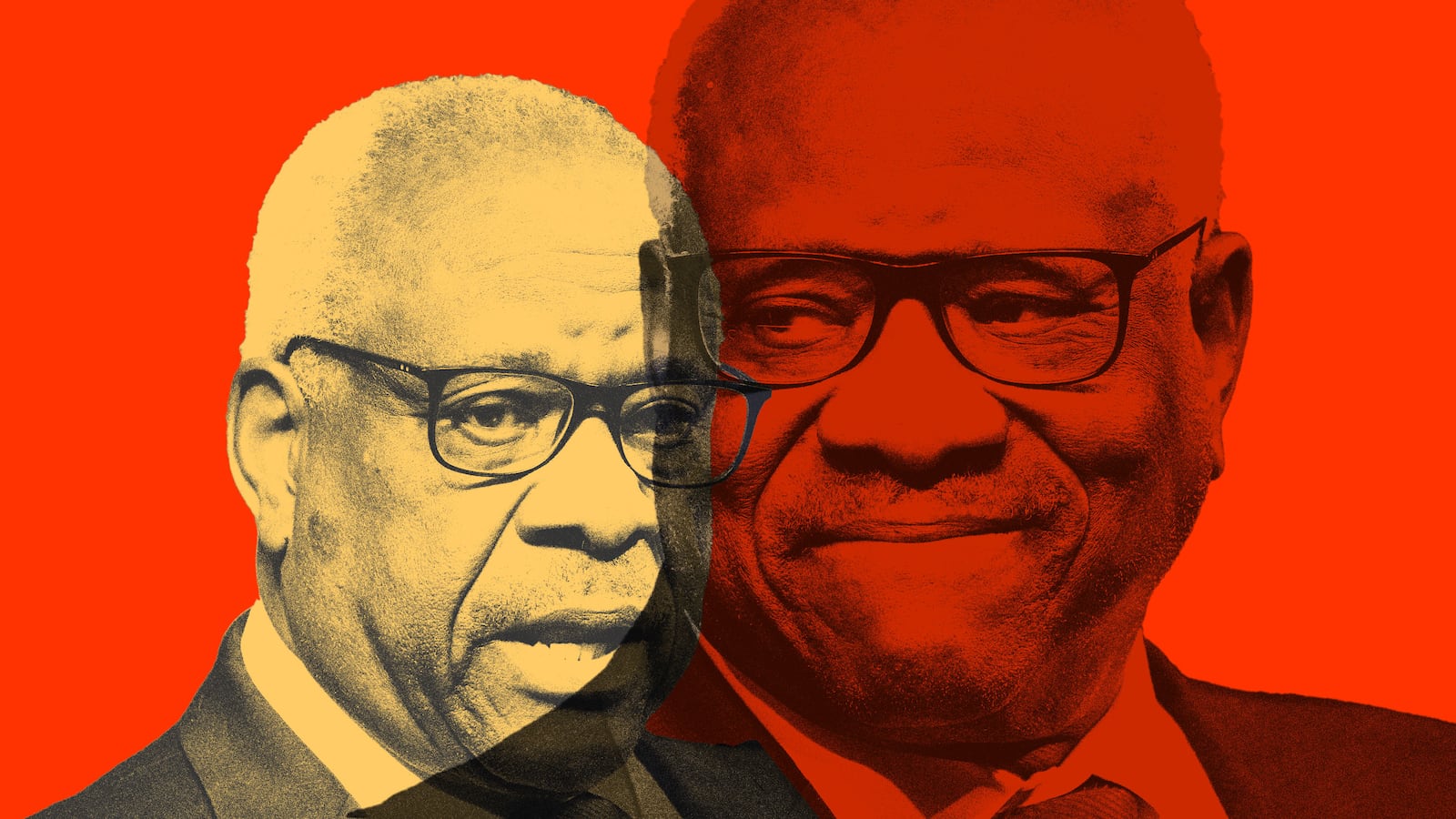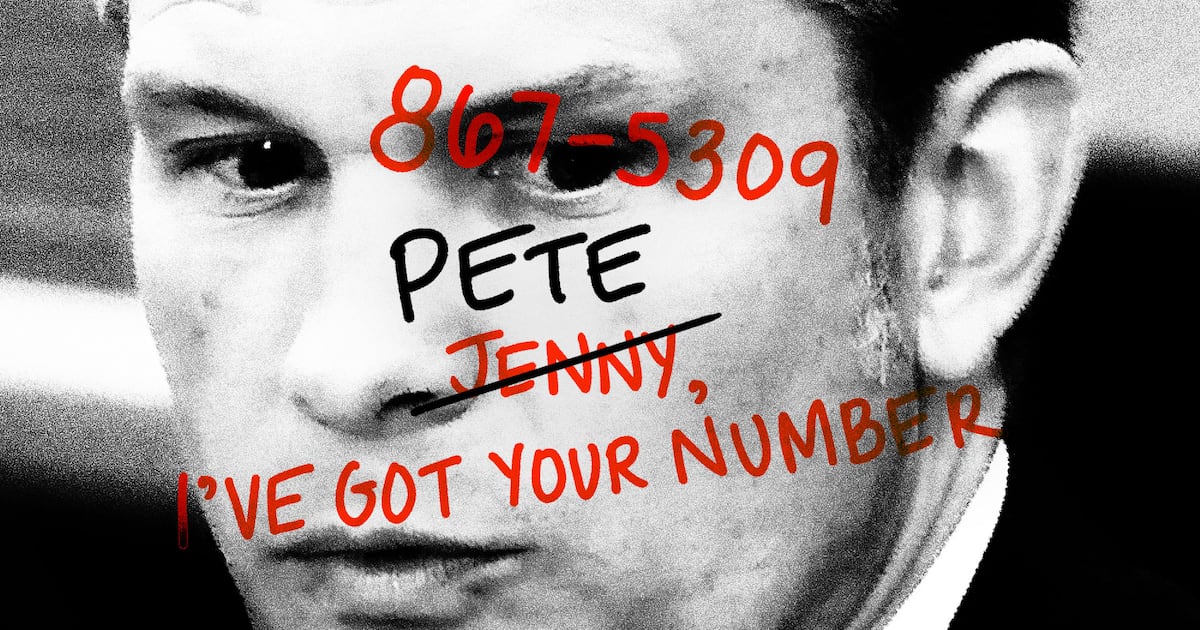If there is one thing Supreme Court Justice Clarence Thomas claims to believe, it’s that words matter.
As the court’s leading originalist, he insists that he can identify definite meanings from the opaque language of the Constitution, which was written in 1787. When it comes to his own financial disclosures, however, Thomas evidently expects us to forget what he said just last year, no matter how definitive it seemed at the time, in favor of a flatly contradictory new explanation. Although he is adamant in rejecting a “living Constitution,” he appears to be an advocate of evolving explanations.
In April 2023, ProPublica revealed that Thomas and his wife had often taken luxury vacations as the guests of billionaire Harlan Crow, a major donor to Republican candidates and conservative causes, including “nine days of island-hopping in a volcanic archipelago on a superyacht staffed by a coterie of attendants and a private chef” in 2019.
None of the Crow-financed lavish vacations were disclosed as gifts on Thomas’ annual financial reports, required by statute of all federal judges. Confronted by the obvious omissions, Thomas issued a rare public statement defending the nondisclosures of “family trips” with his “dearest friends.” Early in his service on the court, he explained, he was advised by his colleagues that “this sort of personal hospitality from close personal friends, who did not have business before the Court, was not reportable,” adding, “I have endeavored to follow that counsel throughout my tenure.”
In other words, the exclusions were intentional. Endeavoring to follow the advice of his senior colleagues, he would have had to determine that Crow “did not have business before the court,” before making a conscious decision to withhold information about their “family trips.”
But that was then.
Just last week, Thomas filed an amendment to his 2019 financial disclosure to include an Indonesian vacation taken with Crow, this time saying that the information had been “inadvertently omitted at the time of filing.”
The two explanations cannot both be true. Either Thomas had intentionally excluded Crow’s largesse because he believed it to be “unreportable,” or he had somehow “inadvertently” (hastily? carelessly?) forgotten to include it.
As a cross-examiner might ask, was he fooling us then, or is he fooling us now?
But it is worse than that. The amended disclosure lists only “food and lodging” for a single night in a Bali hotel, with no mention of transportation to the destination on Crow’s private jet or on the extended cruise through the islands, both of which were thoroughly documented by ProPublica.
If there is some principle by which the hotel stay is reportable and travel to, from, and during the vacation is a secret, Thomas did not mention it. (Under the U.S. Judicial Conference’s Guide to Judicial Policy, the reporting exemption for “personal hospitality” does not apply to “transportation that substitutes for commercial transportation.”)
Moreover, even the limited disclosure is inaccurate because Thomas claims it as a “reimbursement” rather than a gift. There is a significant difference in the categories. Reported gifts must include their value, but reimbursements need not. That sleight of hand enabled Thomas to withhold the value of his Balinese freebee, just as he has done before with other gifts.
Lest there be any doubt, the Guide to Judicial Policy unambiguously defines “reimbursement” as covering travel-related expenses “other than gifts.” There is no sense in which the Crow-provided hotel and meals—not to mention the yet-undisclosed jet and yacht travel—would constitute anything other than a gift. (According to a report from Fix the Court, Thomas has received somewhere between $2 million and $4 million in gifts since 2004.)
As a justice of the Supreme Court, Thomas must regularly interpret complex statutes, and determine the validity of laws based on his theory of “history and tradition,” often with the life, fortune, or freedom of people at stake. If nothing else, it is a task that demands consistency, candor, and completeness.
Although I seldom agree with Thomas’ jurisprudence, I can still appreciate the clarity of his written opinions. When it comes to his financial disclosures, however, it is all omission, contradiction, and obfuscation.
Which raises the question: How gullible does he think we are?








